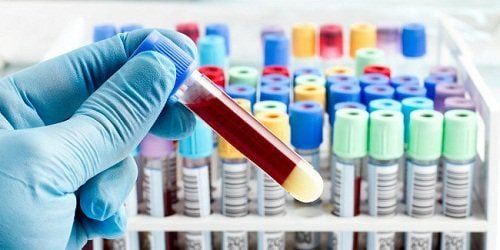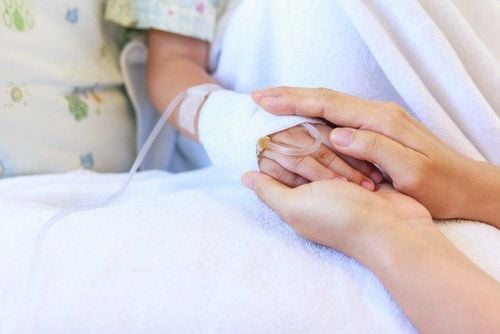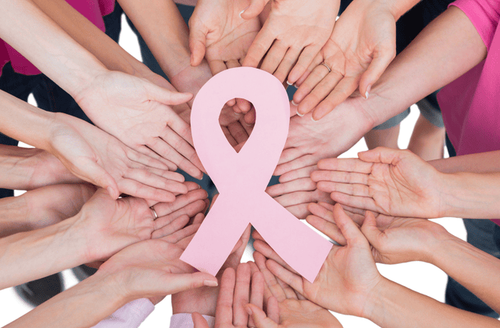This is an automatically translated article.
The article is professionally consulted by doctors of Internal Oncology - Radiation Oncology Center, Vinmec Times City International Hospital.With a positive result (mutation) for the BRCA1 gene or the BRCA2 gene, or both: This means that the identified mutation is associated with an increased risk of cancer. However, that does not mean that you have cancer or will definitely get cancer. So how to screen & reduce the risk of developing cancer?
Some ways to reduce the risk of developing cancer
If you are tested for a BRCA mutation, there are several ways to screen for cancer and reduce your risk of developing it:Get screened for breast and ovarian cancer more often Prophylactic surgery (mastectomy, oophorectomy). to reduce risk) Take medicine to reduce risk The best way may include a combination of the 3 methods above. If you test negative for a BRCA mutation but have a large family history of breast or ovarian cancer, talk with your doctor about how to control some of your risk of developing cancer. Breast cancer screening Women with inherited BRCA gene mutations are generally advised to get screened for breast cancer more often:
Breast exams, done by a doctor every 6 to 12 months starting at age 25 Mammograms once a year, starting at age 30 (or possibly earlier, depending on your family history) Once-yearly mammograms starting at age 25 (or with may be earlier, depending on your family history) "Breast Awareness," starting at age 18, includes paying attention to changes in your breasts and may include regular breast self-exams

Phụ nữ bị đột biến di truyền gen BRCA thường được khuyên nên tầm soát ung thư vú thường xuyên hơn
Ovarian cancer screening Women with inherited mutations in the BRCA gene are at increased risk of developing ovarian cancer. In general, the "CA 125" tumor marker blood test and pelvic ultrasound to screen for ovarian cancer are not very accurate in detecting the disease. However, this may also be an option if you have a BRCA gene mutation. Some experts recommend having these tests every six months, starting at age 30 (or earlier, if you have a loved one diagnosed with ovarian cancer before age 30).
Early screening is considered the "golden key" to detect and provide prevention methods, reduce the risk of death and costs for patients. Currently, Vinmec is the first medical facility in Vietnam capable of implementing cancer screening by combining 4 technologies: genetic testing, endoscopy, ultrasound and immunoassay. In which, cancer screening with gene technology is a method that is considered a breakthrough in medicine.
Surgery To avoid regular cancer screening, surgery to reduce the risk of developing cancer is also an option. This is called preventive (or prophylactic) surgery, and it can greatly reduce your cancer risk and can help reduce anxiety. Your doctor can talk to you in detail about the risks and benefits of each type of preventive surgery.
Mastectomy Women who have both breasts removed (known as "prophylactic bilateral mastectomy") reduce their chances of developing breast cancer by at least 90%. Women who have had breast cancer may also choose to have their remaining breast removed to reduce their risk of developing a second breast cancer.
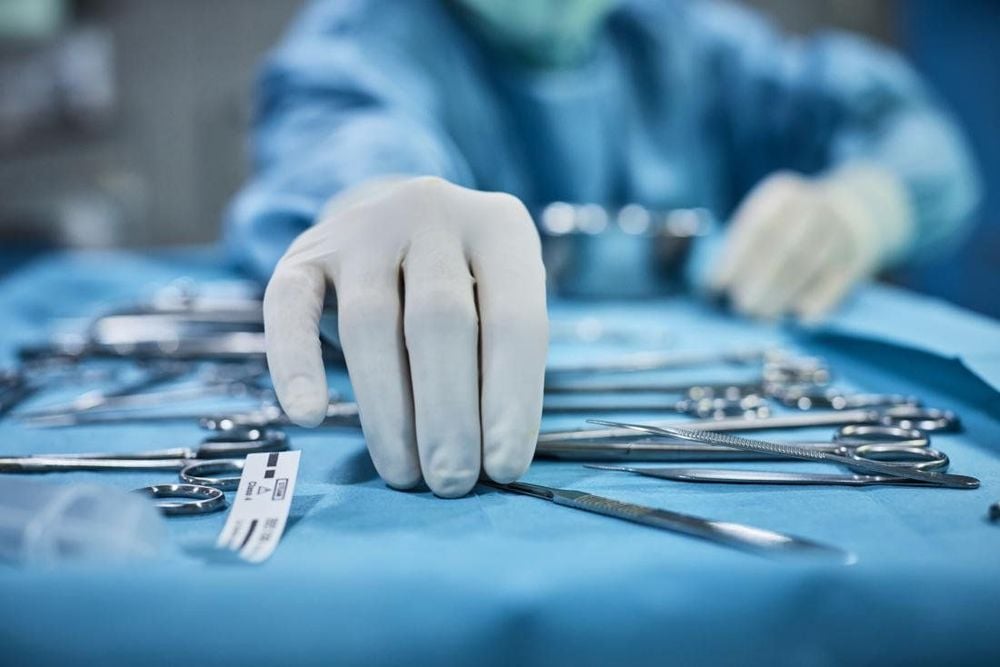
Phụ nữ đã bị ung thư vú cũng có thể chọn cách cắt bỏ tuyến vú còn lại để giảm nguy cơ phát triển ung thư vú thứ hai
The benefits of this surgery are greatest if you are not yet postmenopausal, especially if you are under 40 years old. Women with a BRCA gene mutation are recommended to have this surgery when you are between the ages of 35 and 40 and once there is no longer a need to have children.
Medications There is some evidence that certain drugs can reduce the risk of cancer in specific situations:
Tamoxifen – is a drug used to treat patients who already have receptor-positive breast cancer hormone positivity- may in some cases reduce the risk of developing a second breast cancer in women with a BRCA gene mutation, particularly in those with hormone receptor-positive primary breast cancer . However, the magnitude of the reduction in risk is not clear for women who have never had breast cancer.
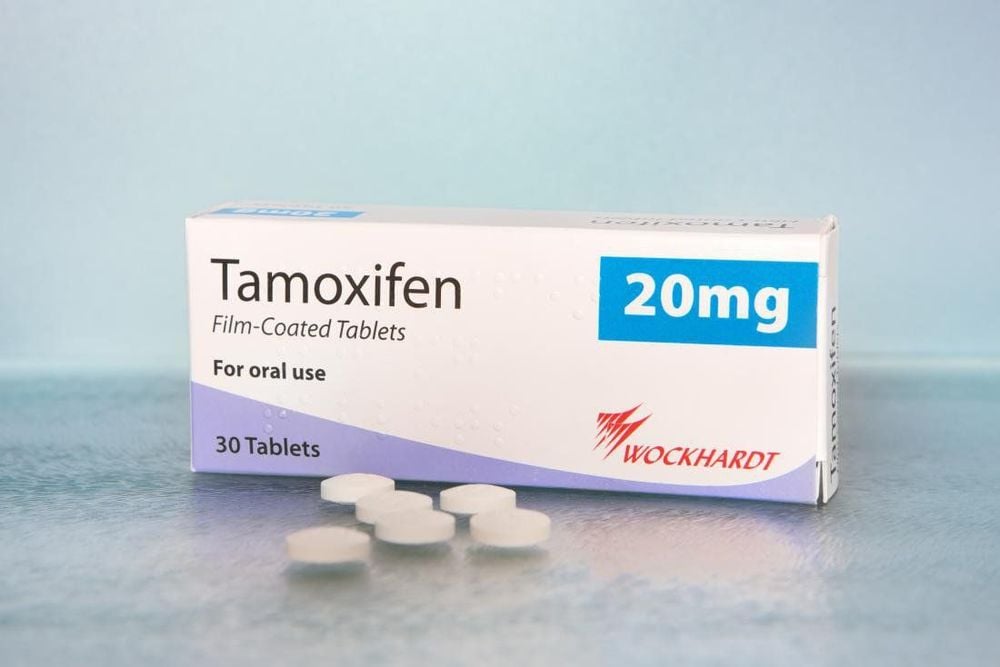
Tamoxifen – là thuốc được dùng để điều trị cho bệnh nhân đã bị ung thư vú, tuy nhiên, mức độ giảm nguy cơ không rõ ràng đối với phụ nữ chưa từng bị ung thư vú
Medicines, contraceptive devices such as pills, skin patches, vaginal rings, contraceptive rods, IUDs ... can reduce the risk of ovarian cancer in women in general, including including carriers of the BRCA gene mutation. However, this increases the risk of breast cancer, especially in women who have the BRCA1 mutation and start taking birth control pills at a young age and before their first pregnancy. If you have a BRCA mutation, talk to your doctor or nurse about the risks and benefits of using birth control. The above is basic information to help you understand correctly about BRCA gene mutations, the relationship between the risk of breast and ovarian cancer as well as solutions to reduce the risk of those two types of cancer. Currently Vinmec International General Hospital is performing these tests.
Please dial HOTLINE for more information or register for an appointment HERE. Download MyVinmec app to make appointments faster and to manage your bookings easily.
Source: update 2018




